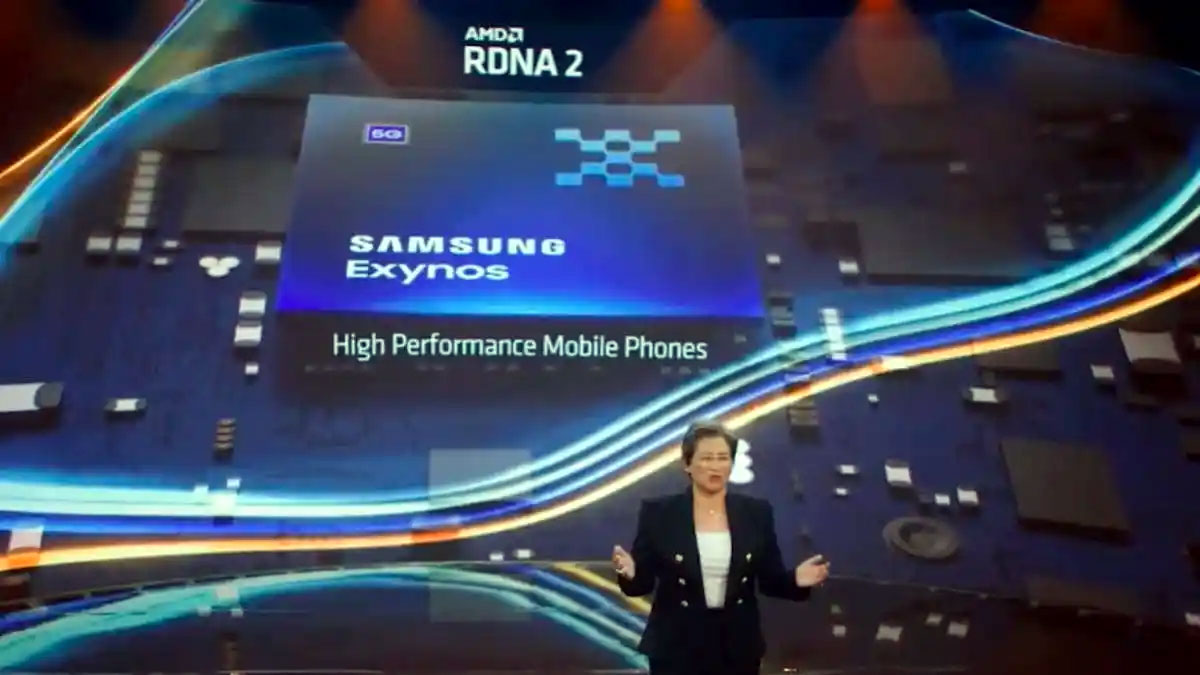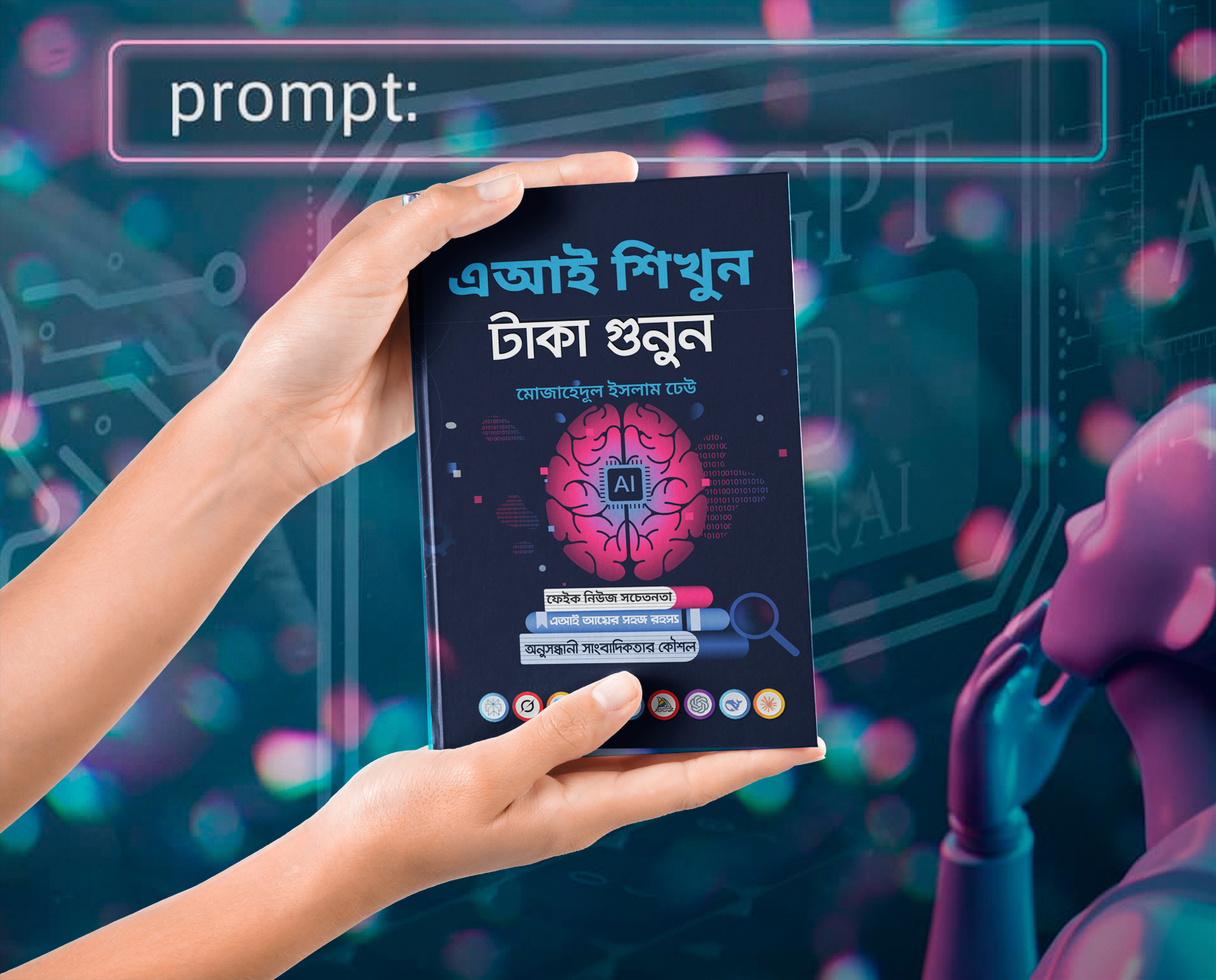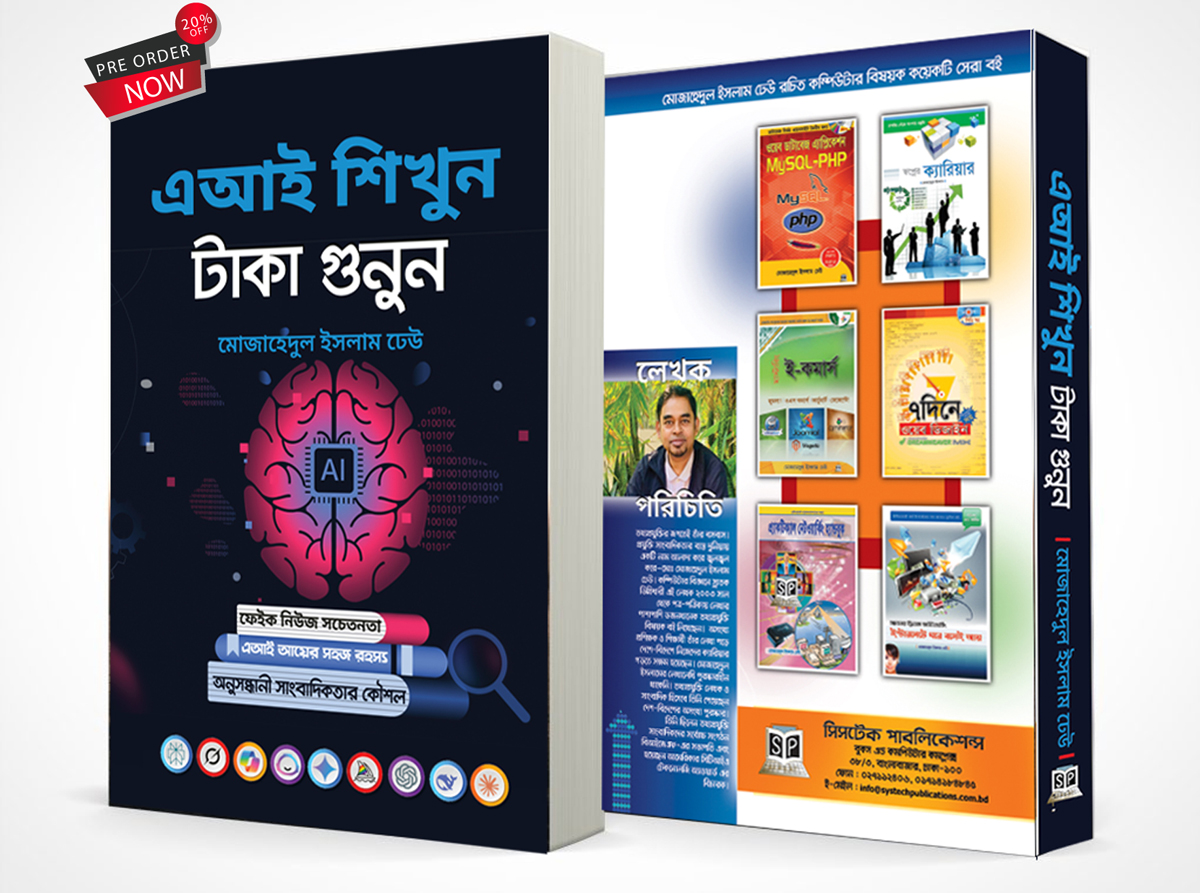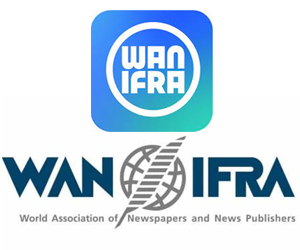Tech
Samsung introduces Exynos 2200: Xclipse GPU based on AMD RDNA 2
Published
4 years agoon

Samsung, a world leader in advanced semiconductor technology, has recently introduced its new premium mobile processor, the Exynos 2200. The new premium mobile processor comes with hardware-accelerated ray tracing and state-of-the-art Arm-based processing technology.
The Exynos 2200 is a freshly designed mobile processor with a powerful AMD RDNA 2 architecture-based Samsung Xclipse graphics processing unit (GPU). With the most cutting-edge Arm®-based CPU cores available in the market today and an upgraded neural processing unit (NPU), the Exynos 2200 will enable the ultimate mobile phone gaming experience and enhance the overall social experience of media apps and photography.
The Xclipse GPU is a unique hybrid graphic processor positioned between the console and the mobile graphics processor. With the high-performance AMD RDNA 2 architecture as its backbone, the Xclipse inherits advanced graphic features such as hardware-accelerated ray tracing (RT) and variable rate shading (VRS), previously only available on PCs, laptops, and consoles.
To offer the most immersive graphics and user experiences even on mobile, Samsung has collaborated with AMD to realize the industry’s first-ever hardware-accelerated ray tracing on mobile GPU. Ray tracing is a revolutionary technology that closely simulates how light physically behaves in the real world.
Variable-rate shading is a technique that optimizes GPU workload by allowing developers to apply lower shading rates in areas where overall quality will not be affected. This gives GPU more room to work on areas that matter most to the gamers and improve frame-rate for smoother gameplay. The Xclipse GPU also comes with various technologies such as advanced multi-IP governor (AMIGO) that enhance overall performance and efficiency.
The Exynos 2200 is one of the first in the market to integrate Arm’s latest Armv9 CPU cores, which offer a substantial improvement over Armv8 in terms of security and performance, the two areas that are becoming critically important in today’s mobile communications devices. Besides, the octa-core CPU of Exynos 2200 is designed in a tri-cluster structure made up of a single powerful Arm Cortex®-X2 flagship-core, three performance and efficiency balanced Cortex-A710 big-cores and four power-efficient Cortex-A510 little-cores.
Additionally, the Exynos 2200 offers more powerful on-device artificial intelligence (AI) with an upgraded NPU. The NPU’s performance has doubled compared to its predecessor, allowing more calculations in parallel and enhancing the AI performance. Also, the Exynos 2200 integrates a fast 3GPP Release 16 5G modem supporting both sub-6GHz and mmWave (millimeter Wave) spectrum bands.
Moreover, Exynos 2200’s image signal processor (ISP) architecture has been redesigned to support the latest image sensors for ultra-high resolution of up to 200 megapixel (MP). At 30 frames-per-second (fps), the ISP supports up to 108 MP in single camera mode and 64+36 MP in dual camera mode. It can also connect up to seven individual image sensors and drive four concurrently for advanced multi-camera setups. For video recording, the ISP supports up to 4K HDR (or 8K) resolution.
Samsung specializes in bringing the best mobile experience to the users. Now, with the Exynos 2200, Samsung is all set to continue its efforts to lead the journey in logic chip innovation.
Tech
From Confusion to Clarity: Dheow’s Book Helps Users Master ChatGPT Conversations
Published
2 months agoon
November 10, 2025
The much-anticipated book ‘AI Shikhun Taka Gunun’ (Learn AI, Count Money) by ICT writer and journalist Mojahidul Islam Dheow has officially hit the shelves. According to Systech Publications, the book received an overwhelming response even before its release, with more than 1,600 pre-orders placed within the very first week through platforms like Rokomari.com, Prothoma, and other online stores. It is now available at bookstores across Bangladesh, including Systech’s outlet in Banglabazar, Dhaka, at a printed price of Tk 400.
In today’s fast-changing digital world, we stand at a crossroads where a single keystroke can open the door to new income opportunities. Artificial Intelligence (AI) has become humanity’s newest coworker—reshaping how we live, learn, and earn. Mojahidul’s latest book builds a bridge from learning to earning, connecting investigative journalism with public awareness and guiding readers toward practical uses of AI for creativity, innovation, and income generation.
The book is thoughtfully divided into three major parts. The first part serves as an income guide for young learners, showing them how to use AI prompts and tools to find freelance work, generate creative ideas, and turn them into profitable ventures. The second part functions as an investigative toolkit for journalists, offering hands-on advice on data mining, source verification, and cybersecurity using AI applications. The third part caters to general readers, simplifying the complex world of AI and explaining its opportunities and risks in easy, everyday language—from detecting deepfakes and misinformation to understanding how AI is transforming modern life.
Within its chapters, the author introduces over 150 AI tools across more than 30 categories, helping readers explore the most effective AI resources for any purpose—whether for business, work, or personal development. The book highlights tools for AI assistance, video and image generation, automation, meetings, and research. It also discusses AI-powered writing, design, and app-building platforms, alongside innovative AI search engines. Readers will find valuable insights into AI tools for knowledge management, email automation, scheduling, presentations, and even résumé creation. Mojahidul further explores creative fields such as AI-generated voice and music, as well as marketing innovations that promise to revolutionize both productivity and imagination in the digital age.
Md. Mojahidul Islam Dheow, a computer science graduate, has been an active voice in ICT writing since 2003 and has authored over a dozen books. His title Web Database Application: MySQL-PHP was the first Bangla-language book on web database and application development, earning him the Bestseller Award in 2021. His writing style is lively, accessible, and deeply engaging—sometimes technically detailed, sometimes playfully conversational. Reading his work feels like chatting with a tech-savvy friend who’s eager to share smart digital tricks over a cup of coffee.
There are plenty of reasons to read AI Shikhun, Taka Gunun. Whether you’re a beginner looking to start freelancing, a journalist interested in mastering AI-driven investigative tools, or a curious reader eager to understand how AI is reshaping everyday life, this book speaks to all audiences with equal clarity and enthusiasm. Ultimately, Learn AI, Count Money is more than just a book—it’s a complete roadmap for thriving in the era of artificial intelligence.
Speaking about his new release, Mojahidul Islam Dheow shared his vision for the book:“This book reveals countless ways to earn through AI. You can use AI content tools to offer writing services, manage brands and social media accounts, or provide AI-powered SEO solutions. You can even build and sell your own custom GPTs! If you’re creative, AI-generated art and images can become great sources of online income. Similarly, AI-driven affiliate marketing, ad management, and optimization are becoming increasingly popular.
Many people struggle to find the right prompts that bring out useful and engaging responses from ChatGPT. It can be frustrating to spend time crafting questions only to get results that miss the mark. That’s where this guide comes in. In this book, I’ve compiled a collection of over 500 effective prompts designed to spark creative and insightful responses. For example, if you’re writing about travel, instead of asking, ‘Tell me about traveling,’ try, ‘Describe a perfect day in Paris, from breakfast to dinner.’ The same logic applies to IT support—rather than asking, ‘How do I fix my computer?’ ask, ‘How can I speed up my Wi-Fi on Windows 11?’ The more specific your prompt, the clearer and more helpful the answer will be.
Translation and localization services powered by AI also open up easy income opportunities. You can create and sell digital products, offer AI tutoring, or launch online courses. Building AI-powered websites, managing email campaigns, developing chatbots or mobile apps—even automating lead generation—AI offers endless possibilities. Finally, AI is now an incredible assistant in data collection, management, and analysis. You can even generate AI-based video content and monetize it on video platforms.”
Through AI Shikhun, Taka Gunun, Mojahidul Islam Dheow once again proves his mastery in blending technology with practical wisdom. His latest work doesn’t just teach readers about AI—it empowers them to turn knowledge into action, and curiosity into income, in the exciting new world of artificial intelligence.
Tech
Pre-Orders Open for Mojahidul Islam’s Latest Computer Book ‘AI Shikhun, Taka Gunun’
Published
4 months agoon
September 12, 2025
Technology writer and journalist Mojahidul Islam Dheow is set to release his new book, “AI Sikhun, Taka Gunun.”
Online pre-orders have already started, and the book is being published by Systech Publications.
In today’s digital age, we stand at a turning point—where simple keystrokes can turn into dollars, and Artificial Intelligence (AI) is becoming humanity’s newest coworker.
This book acts as a bridge, connecting learning with earning and blending investigative journalism with awareness-raising for general readers. The book is structured into three parts.
The first section is designed as an earning guide for young people. It explains how AI content prompts can create opportunities in the freelancing market and how small ideas can grow into significant income streams.
The second section serves as a hands-on investigative handbook for journalists, offering practical tips on using AI tools for data mining, verifying sources, and ensuring cybersecurity.
The third section is aimed at general readers. It presents the opportunities and risks of AI in simple language while also teaching methods for spotting deepfakes and identifying fake news.
Mojahidul Islam Dheow, a Computer Science graduate, has been writing and publishing technology-related books since 2003, with more than a dozen titles to his name.
His book “Web Database Application: MySQL–PHP” was the first Bangla-language book on website database and application development, earning him the Best Author Award in 2021. Dheow’s writing style is lively and accessible—sometimes deeply technical, sometimes witty and lighthearted. His words make readers feel as though they are casually learning new hacks while chatting with a friend.
This book is equally valuable for three key audiences: those who want to start freelancing but don’t know how to begin, journalists eager to learn the magic of AI-powered data tools, and everyday readers curious about how AI is reshaping our daily lives.
All in all, “AI Sikhun, Taka Gunun” is not just another book—it is a complete roadmap for surviving and thriving in the age of AI.
According to the author, the book will help readers discover numerous exciting ways to earn with AI. These include offering writing services with AI content tools, managing brands and social media accounts, providing AI-powered SEO services, creating and selling custom GPTs, producing AI-generated art and images, affiliate marketing, optimizing paid advertising, offering translation and localization services, developing and selling AI-powered digital products, teaching and hosting online courses, building websites and running email marketing campaigns, creating AI chatbots for businesses, developing mobile apps, automating lead generation, managing and analyzing data, and even producing AI-powered YouTube content.
The printed price is 400 Taka. If pre-ordered, the book can be purchased at a 20% discount for 320 Taka at https://www.rokomari.com/book/504542/ai-shikhun-taka-gunun.
Tech
A10 Networks Expands its Cybersecurity Portfolio with Acquisition of ThreatX Protect
Published
10 months agoon
March 13, 2025
ThreatX Protect Addresses Critical Need to Protect Against Evolving Application and API Security Threats
To continue to help customers address the rapidly evolving cyber threat landscape, A10 Networks has acquired the assets and key personnel of ThreatX Protect expanding its cybersecurity portfolio with web application and API protection (WAAP). The acquisition is expected to be modestly accretive to A10’s earnings per share in 2025 and has closed.
Attacks against web applications and application programming interfaces (APIs) are on the rise and are a significant threat to enterprises. ThreatX Protect provides a unique WAAP solution using behavioral and risk profiling to help protect enterprises from evolving threats, including threats to AI applications, which can complement an AI firewall. Delivered as a software-as-a service solution, ThreatX Protect includes API protection, bot management and next-generation web application firewall.
“Expanding the A10 Defend security portfolio with ThreatX Protect gives our customers an additional tool in their strategy to protect against new and evolving threats,” said Dhrupad Trivedi, president and CEO, A10 Networks. “Our strategic focus is on helping enterprises secure their applications and networks from the growing number of threats today, as well as protecting the emerging AI use cases of the future. Adding WAAP to our solution set gives customers additional capabilities to help establish a strong security posture.”
“We are thrilled that A10 Networks has acquired certain assets of ThreatX, including the brand and the TX Protect WAAP solution to expand A10’s security portfolio,” said Gene Fay, CEO of ThreatX. “A10 has been a fantastic partner throughout this process, and we are confident that our customers and employees will thrive under their leadership.”
As a result of this transition, the remaining assets of ThreatX will be launched as Run Security with TX Prevent, the cutting-edge eBPF-based solution re-launched as RS Prevent.
ThreatX Protect supports A10’s strategy of helping customers deploy A10 security solutions in a hybrid approach to protect apps and APIs running anywhere – public cloud, private cloud, co- location facilities or on-premises. The A10 Defend portfolio of solutions provides DDoS protection, DDoS threat intelligence and web application, and now adds a full-featured WAAP solution all integrated into a single platform with end-to-end delivery and stronger security for mission-critical applications.
Specific terms of the transaction were not disclosed. The acquisition is consistent with A10’s stated strategy of expanding the Company’s security portfolio to grow in the enterprise market. The acquisition does not represent a material change to the Company’s 2025 financial outlook or long-term business model.

From Confusion to Clarity: Dheow’s Book Helps Users Master ChatGPT Conversations

Pre-Orders Open for Mojahidul Islam’s Latest Computer Book ‘AI Shikhun, Taka Gunun’

Bangladesh’s Press at a Crossroads: Between Promises of Reform and the Shadows of Repression












